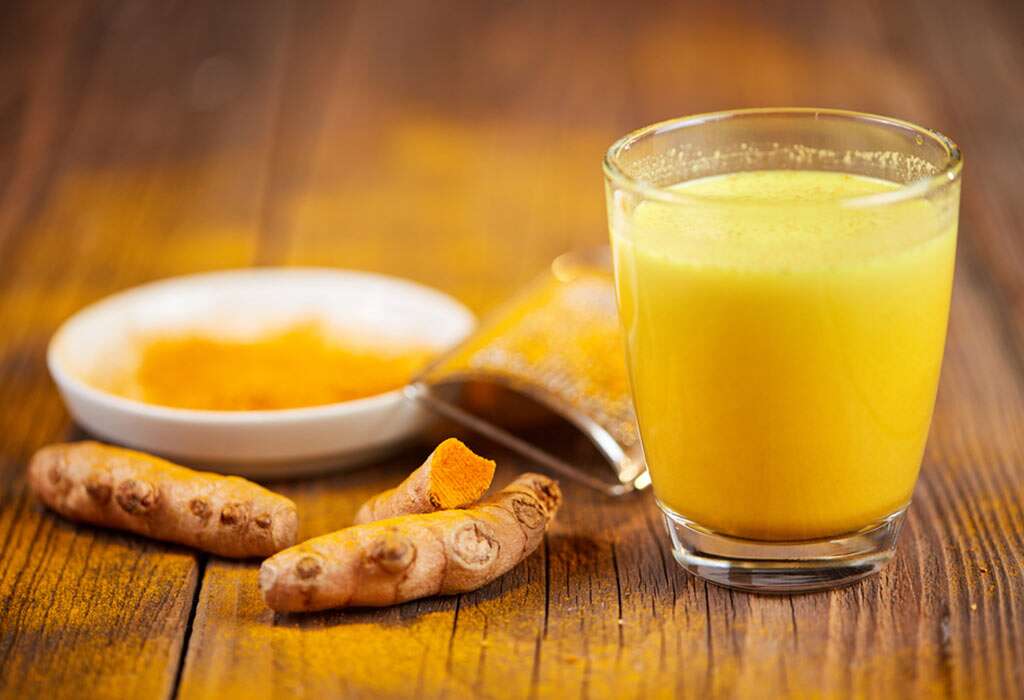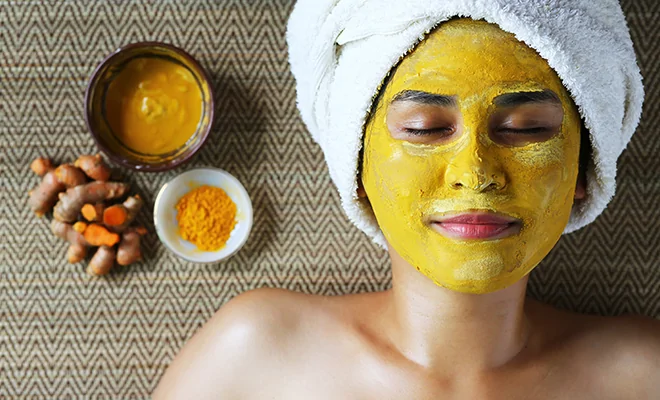Body activity is a movement that requires the use of your muscles and burns energy and calories. There are many types of exercises and finding an exercise style that fits your body, lifestyle and health goals is the key to success. Before starting an exercise program or making significant changes to your exercise routine, consult a doctor to make sure that the exercise is safe and suitable for you and your individual needs.
Exercise has many benefits that go beyond improving health. Decades of scientific research prove that burning 700 to 1,000 calories a week can have many positive effects through body activity. This includes a reduced peril of developing ailments such as diabetes, cardiovascular ailments and some cancers—especially breast and colon cancer. In addition, exercise has been shown to improve mental health, sleep quality, quality of life and mood.
EXERCISE AS A KEY HABIT

Regular exercise is part of a healthy lifestyle. In addition to its body benefits such as increasing bone density, weight loss and preventing chronic ailments, exercise has many benefits for overall health, including mental well-being, skin care and pain treatment.
Exercise can also be a “key habit” – a habit that triggers other positive habits. Exercise can trigger a chain of good habits: better sleep, better food and better personal choices.
Because there are so many types of exercise, you don’t need to suffer from something that just doesn’t suit you. Maybe you like the adrenaline of running, the tranquility of Yoga, the strength of weightlifting or the challenge of CrossFit.
Developing a regular exercise routine that matches your fitness style will increase your energy, improve your state of mind and help make body activity both enjoyable and sustainable. If you like competitions, competitive sports could be your perfect match. On the other hand, if you don’t like crowds, you may not feel comfortable in group classes.

Like when you eat, think creatively about exercise. Be curious to try the right combination of exercises that suits you physically, mentally and emotionally. Find the time, duration and intensity of the day that suits your schedule and your preferences. When adding exercise to your Routine, remember that your body also needs rest and relaxation to maximize the benefits of exercise and recover. So give yourself at least one day a week to rest.
Listen to your body and learn to challenge and protect yourself. Your goal is to create a training habit, so find something that can work for you in the long run. Take a moment to reflect on the mental, emotional and body obstacles in your path and see where they can be adapted for a better overall experience.
EXERCISE AND MENTAL HEALTH
Regular exercise can improve your mental health, including reducing symptoms ofget-down and anxiety in adults. Studies have shown that Regular low-intensity exercise, continued for a long time, can lead to an increased release of neurotrophic proteins, which can improve brain function and help relieve the symptoms ofget-down in some people. Exercise also improves your cardiovascular system, which leads to more energy, as the heart and lungs work more efficiently and make you feel more energetic.
Although it may seem difficult to add exercise to an already busy schedule, keep in mind that any type of exercise can relieve stress. Exercise not only releases endorphins that make you feel better, but can also help relieve tension that your body has been able to maintain throughout the day. Exercise can also give the brain the opportunity to “switch off”, thus resetting the stress and anxiety that accumulate throughout the day.
EXERCISE AND SKIN HEALTH
Exercise has many benefits for your skin. In addition to the short-term benefits of an “instant glow”, the increased blood circulation and the anti-stress properties of body activity can also reduce acne and slow down the aging process of the skin.

Because Exercise increases blood circulation and blood circulation, Regular exercise can help relieve skin problems. Exercise causes the pores to dilate, which allows sweat to remove any oil or bacteria that can cause acne. To maximize the benefits of this process, acne sufferers should immediately wash acne-prone areas with a mild detergent to remove impurities after exercise and prevent breakouts.
In addition, people with skin ailments such as eczema or rosacea can find exercise activities that work for them by carefully reducing body temperature, hydration, clothing and upcoming epidemics. Some options include swimming, exercising indoors, taking frequent breaks during exercise to cool down, and wearing light, breathable exercise equipment to allow sweat to evaporate easily from the skin. Look for cotton fabrics that lie gently on the skin and sit more freely so that they do not irritate the skin.
As our skin matures, it replaces the cells more slowly and loses its elasticity. Studies have shown that participants who exercise more often have younger skin. The benefits are not only cumulative – those who started an exercise routine after in adulthood still had younger skin after routine exercises.


